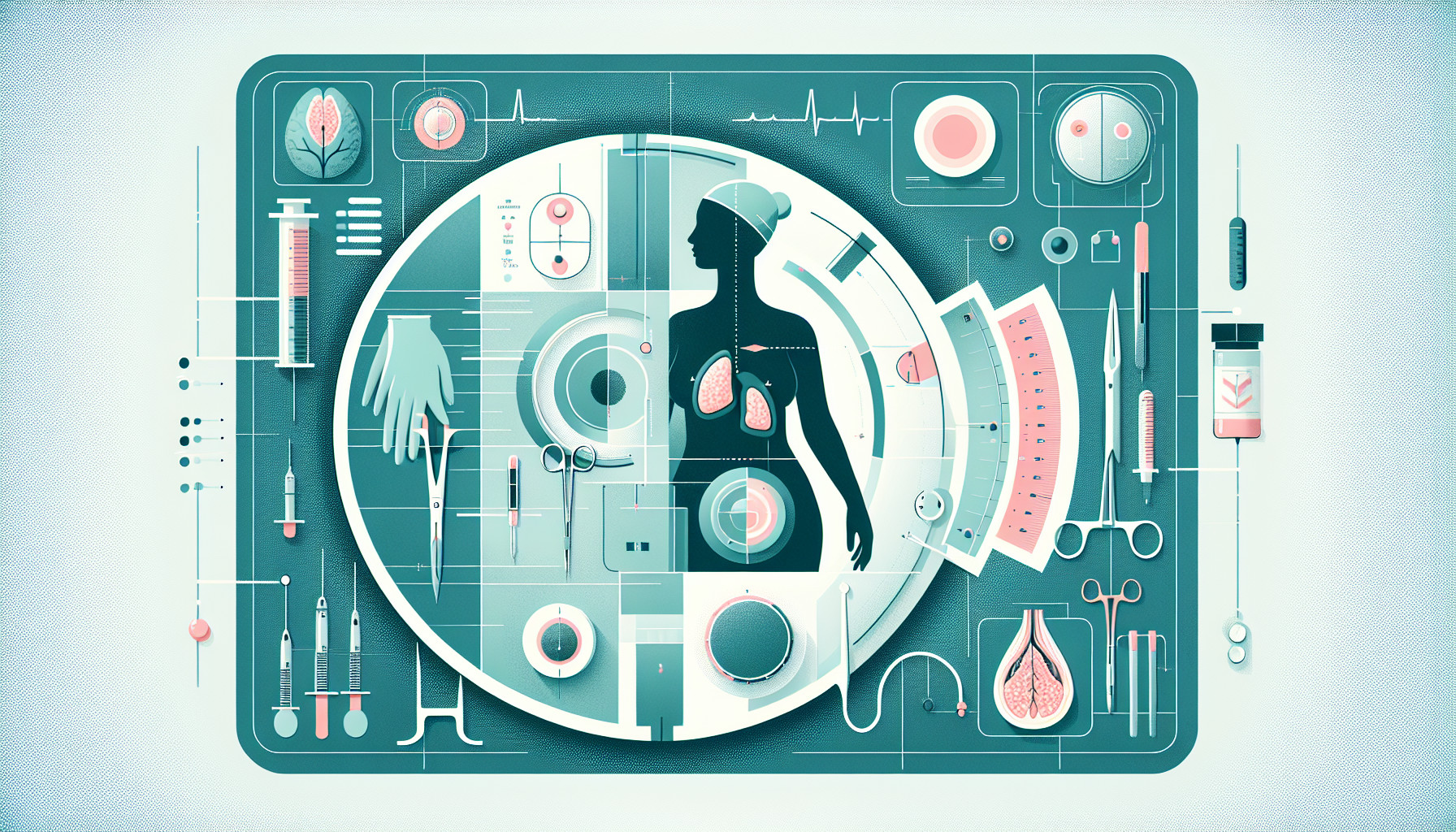Our Summary
This research paper explores the rise in breast cancer among modern women and the psychological impact of undergoing a mastectomy (breast removal surgery). The research team aimed to identify factors that can help women maintain a positive body image after surgery. They studied 120 women who had a mastectomy either less than or more than 2 years ago. The study found that psychological resilience, or the ability to recover from difficulties, is a key factor in helping women maintain a positive body image and prevent low self-esteem after a mastectomy. The researchers recommend that women receive psychological support immediately after surgery and continue to receive it throughout their recovery to help them handle negative emotions and improve their overall body image. This can range from providing information about their condition and treatment (psychoeducation), to psychological assistance and specialized therapy.
FAQs
- What factor did the research identify as key in maintaining a positive body image after mastectomy?
- What kind of support does the research recommend for women who have undergone a mastectomy?
- How many women were studied in this research and when did they have their mastectomy surgeries?
Doctor’s Tip
One helpful tip a doctor might tell a patient about mastectomy is to practice self-care and self-compassion during the recovery process. This may include taking time to rest, engaging in gentle exercise as recommended by your healthcare provider, eating a balanced diet, and seeking support from loved ones or a therapist if needed. Remember that it is normal to have a range of emotions after surgery, and it is important to be patient and kind to yourself as you navigate this journey.
Suitable For
Patients who are typically recommended for a mastectomy include:
- Women with early-stage breast cancer, especially those with a high risk of recurrence or a family history of breast cancer.
- Women with a genetic mutation such as BRCA1 or BRCA2, which significantly increases their risk of developing breast cancer.
- Women with a large tumor-to-breast ratio, where a lumpectomy may not be feasible or effective in removing all cancerous tissue.
- Women with a previous history of breast cancer who have undergone radiation therapy, as radiation can limit the effectiveness of future treatments.
- Women with inflammatory breast cancer, a rare and aggressive form of the disease that often requires more extensive treatment.
- Women with ductal carcinoma in situ (DCIS), a non-invasive form of breast cancer that may require a mastectomy if it is large or located in a difficult-to-treat area.
- Women with a failed lumpectomy or recurrence of breast cancer following previous treatments.
- Women who have a strong preference for mastectomy over other treatment options, such as breast-conserving surgery, due to personal or psychological reasons.
Timeline
Diagnosis: A patient first receives a breast cancer diagnosis, which can be a traumatic and overwhelming experience.
Consultation: The patient meets with their healthcare team to discuss treatment options, including the possibility of a mastectomy.
Pre-surgery preparation: The patient undergoes pre-surgery tests and consultations to prepare for the mastectomy.
Mastectomy surgery: The patient undergoes the mastectomy surgery, which involves the removal of one or both breasts.
Recovery: The patient goes through a recovery period, which can include physical discomfort and emotional distress.
Post-surgery follow-up: The patient has follow-up appointments with their healthcare team to monitor their recovery and discuss any concerns.
Psychological support: The patient receives psychological support to help them cope with the emotional impact of the surgery and maintain a positive body image.
Long-term recovery: The patient continues to receive support and care to help them adjust to life after a mastectomy and maintain their overall well-being.
What to Ask Your Doctor
- What are the different types of mastectomy procedures available and which one is recommended for my specific case?
- What are the potential risks and complications associated with a mastectomy?
- How will a mastectomy affect my physical appearance and overall body image?
- What are the options for breast reconstruction following a mastectomy?
- How will a mastectomy impact my daily activities and quality of life?
- What type of follow-up care and monitoring will be needed after the surgery?
- Are there any support groups or resources available for women who have undergone a mastectomy?
- How can I prepare myself emotionally and mentally for the surgery and recovery process?
- Will I need to make any lifestyle changes or modifications after a mastectomy?
- Are there any alternative treatment options to consider before undergoing a mastectomy?
Reference
Authors: Izydorczyk B, Kwapniewska A, Lizinczyk S, Sitnik-Warchulska K. Journal: Int J Environ Res Public Health. 2018 Jun 5;15(6):1181. doi: 10.3390/ijerph15061181. PMID: 29874874
